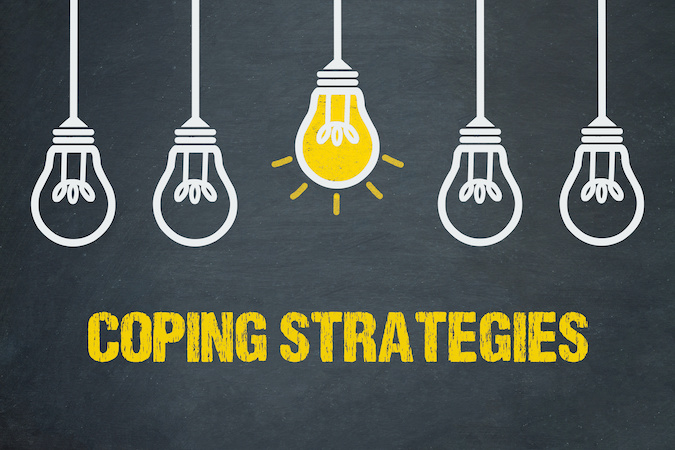We are using cookies to collect data that help us give you the best experience of our site, by continuing to use the site, you are agreeing to our use of cookies.
Read more
Reflecting on your use of coping strategies
What does coping mean? I often hear in my coaching sessions from my clients that they are coping. I always think about what the word coping means to them. I think some people may not even know or realise they are using coping strategies/mechanisms, the word coping is very subjective.
Believe it or not, there are between 400- 600 strategies. They are split into three areas, appraisal-focused with denial being the most common in this area. Then second is problem-focused, where you may modify your behaviour to cope and finally emotion-focused. This is where you alter your emotions to eliminate stress, e.g. relaxation. Just for a second; there think about you and what you may do?
This may affect your self-esteem. What is self-esteem? It basically means; your personal subjective evaluation of your own self-worth. Self-esteem covers emotional states, beliefs about oneself, despair, shame, and pride. Self Esteem is a vast area, and something I hear consistently in my coaching sessions.
The key areas as coping mechanisms that we all use include Defensive, Adaptive, Avoidance, Attack, Behavioural, Cognitive, Self-harm, and Conversion. I am sure when you reflect for a second, some of these areas will mean something to you. In coaching, this is where you need to consider the client and what coping strategies they may use. As I said, Coping is a label; there is so much more that can be covered by this word and will always need investigating in your sessions. I think, as a coach, you need to hold any judgment and bias when you hear words and labels.
Some of the strategies that people use to help themselves include are humour, seeking support, relaxation, and exercising. Now spend a few minutes reflecting on yourself and how many of these do you already do then think about the people around you and what you notice in them.
In summary, coping means investing in one’s conscious effort to solve personal and interpersonal problems in order to try to master, minimise, or tolerate stress and conflict.
Claire Moody is our head coach at Target Training, and you can read more about her here. She delivers training on all personal development, coaching and numerous training the trainer courses.



 0800 302 9344
0800 302 9344 Info@targettrg.co.uk
Info@targettrg.co.uk
